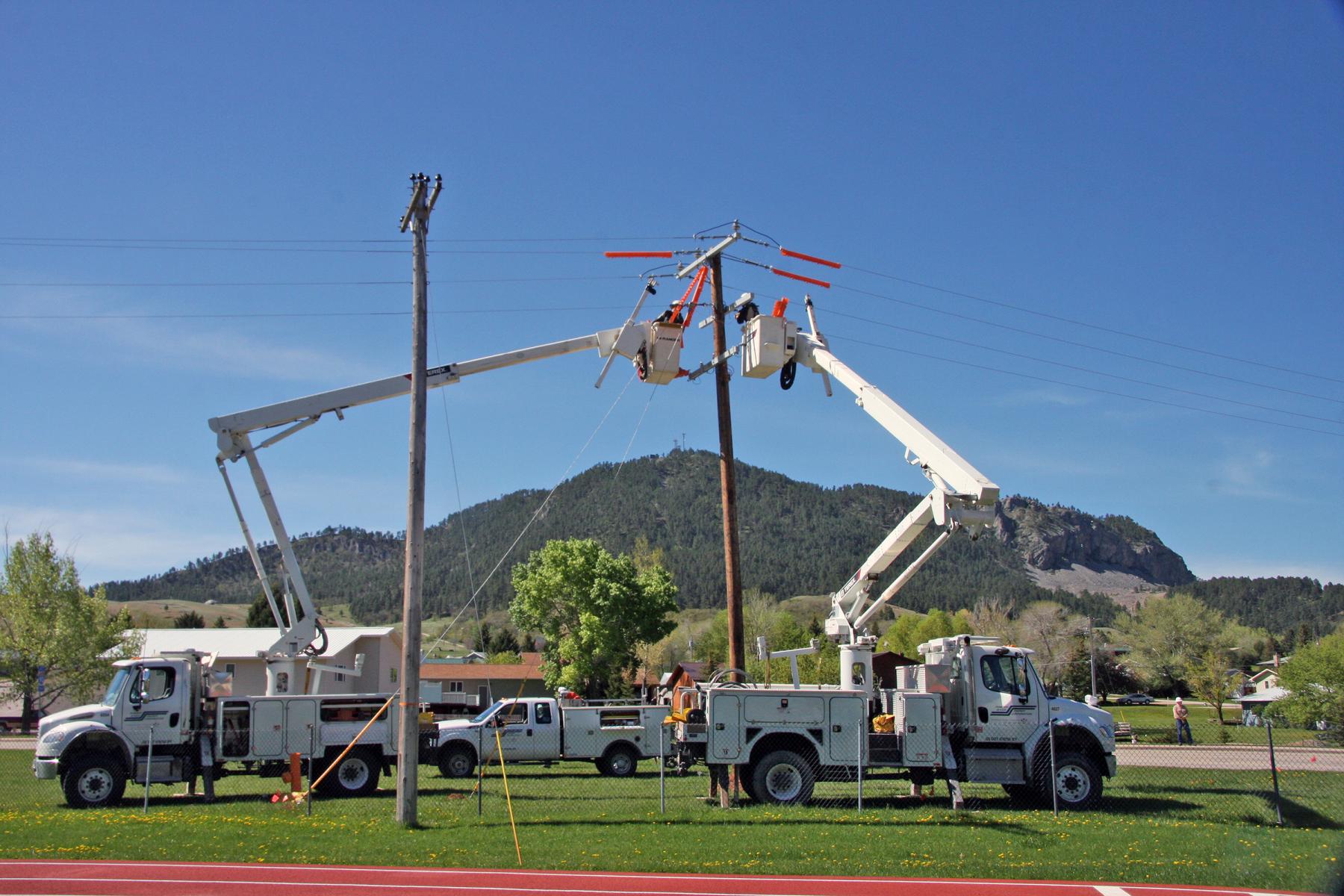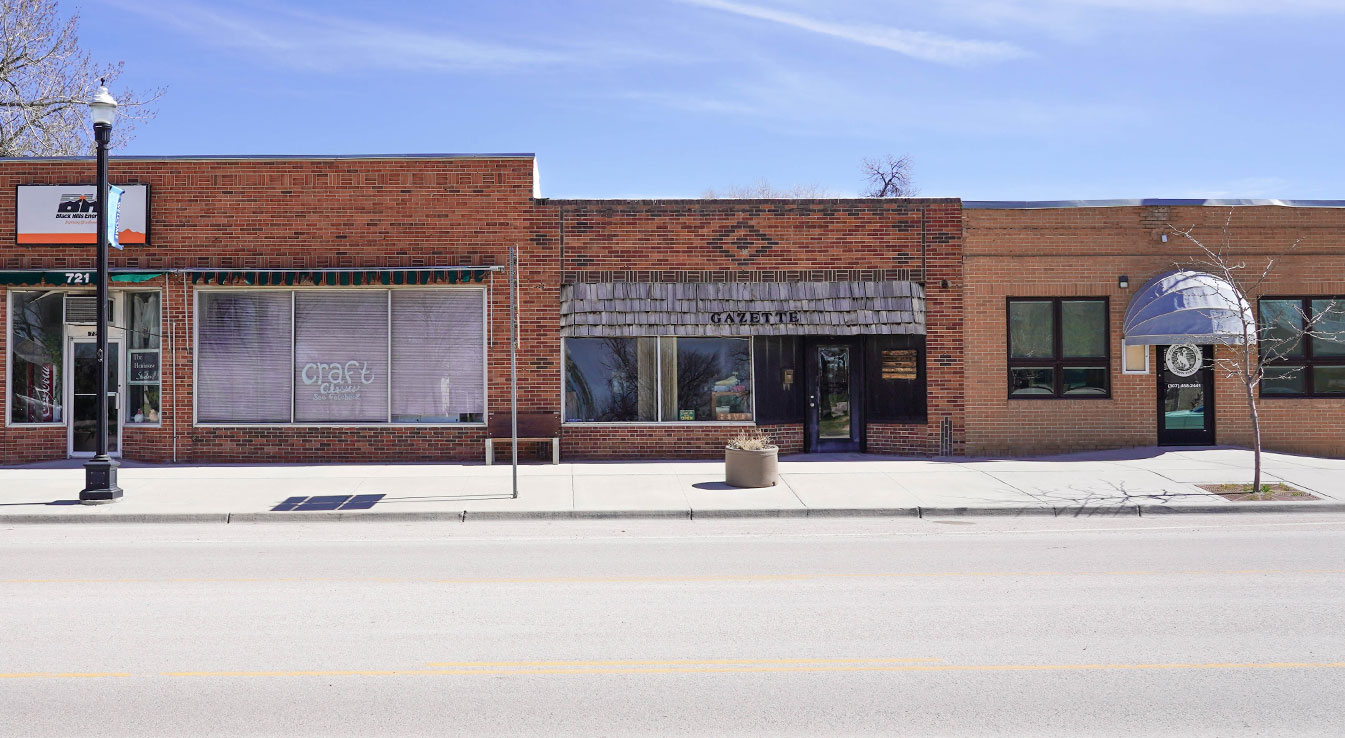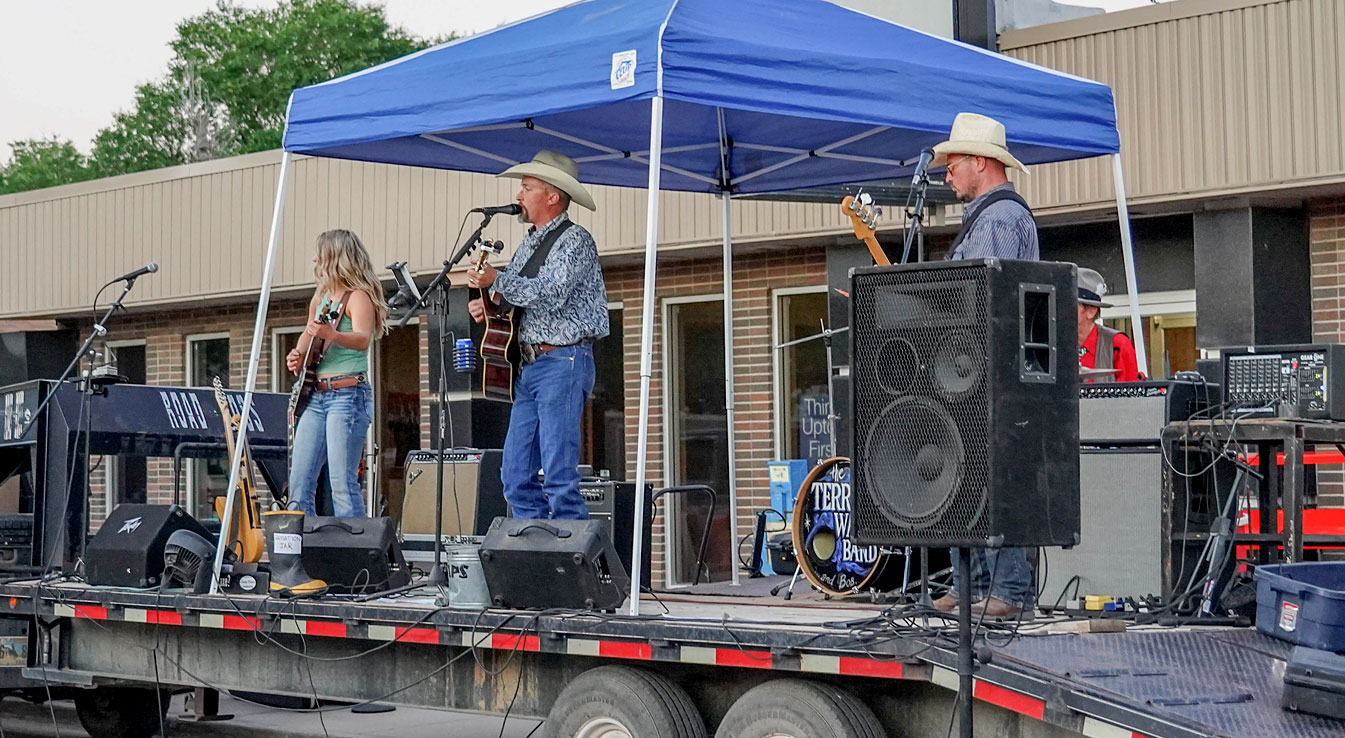Cooperative Utilities: A Benefit to Business and Community

4 Jun 2019
When choosing a location for a business, access to reliable, low cost energy is a primary consideration. Affordable power reduces operating expenses from the start. That’s one reason Wyoming is an attractive state for business — it has a history of providing lower electric rates than the national average.
Powder River Energy Corporation (PRECorp) is a mainstay in eastern Wyoming, offering some of the lowest residential electric rates around. The independent, nonprofit electric cooperative provides reliable, at-cost energy to nearly 12,000 members.

When broken out for Wyoming, investor-owned utilities in Wyoming average $226 per month for residential bills. Municipal and cooperative utilities have significantly lower average costs of $148 and $169 per month, respectively. PRECorp weighs in at $146 for 1,200 kWh.
This savings of at least $57 per month, or $684 per year, makes a big difference for residential households. The savings potential would exponentially increase for businesses since their energy usage is much higher than an average household, particularly in the case of large manufacturers or data centers.
The Cooperative Advantage
 Businesses and industry in PRECorp’s service territory benefit from its low energy rates, which translate to lower operating costs. Besides competitive rates, electric cooperatives have added benefits to the people they serve, who are member-owners, not just customers. This means customer service is prioritized and each member-consumer has a say in co-op business.
Businesses and industry in PRECorp’s service territory benefit from its low energy rates, which translate to lower operating costs. Besides competitive rates, electric cooperatives have added benefits to the people they serve, who are member-owners, not just customers. This means customer service is prioritized and each member-consumer has a say in co-op business.
.PNG)
Unlike investor-owned utilities that aim to make profits for shareholders, co-ops like PRECorp operate under cooperative principles, one of which is “commitment to community.” This pledge is illustrated through the PRECorp Economic Development Program, which acts as a conduit of funds and resources for local economic development projects, as well as its PRECorp Foundation charitable arm, which supports a range of charitable activities.
The many cooperative advantages are hard to deny. For prospective business looking to relocate, some attractive sites are served by PRECorp. Tiger Transfer industrial park in Upton is one of these advantageous locations. Several hundred shovel-ready acres are available in the park with plenty of opportunity for expansion.
Stephanie Salazar, executive director of the Upton Economic Development Board notes that co-ops are much more sensitive to the quality of their customer service and the impact of their rates since they’re owned by the customers they serve. She enjoys working with utility cooperatives and appreciates their lower utility bills, responsive customer service, and involvement in the community.
“PRECorp’s service and rates give Tiger Transfer industrial park a definitive advantage for attracting businesses that require reliable affordable electricity,” Salazar says. “Plus, PRECorp partners with us not only to promote the park, but to attract business and jobs to Upton. Now that is commitment to community!
More Topics
.jpeg)










